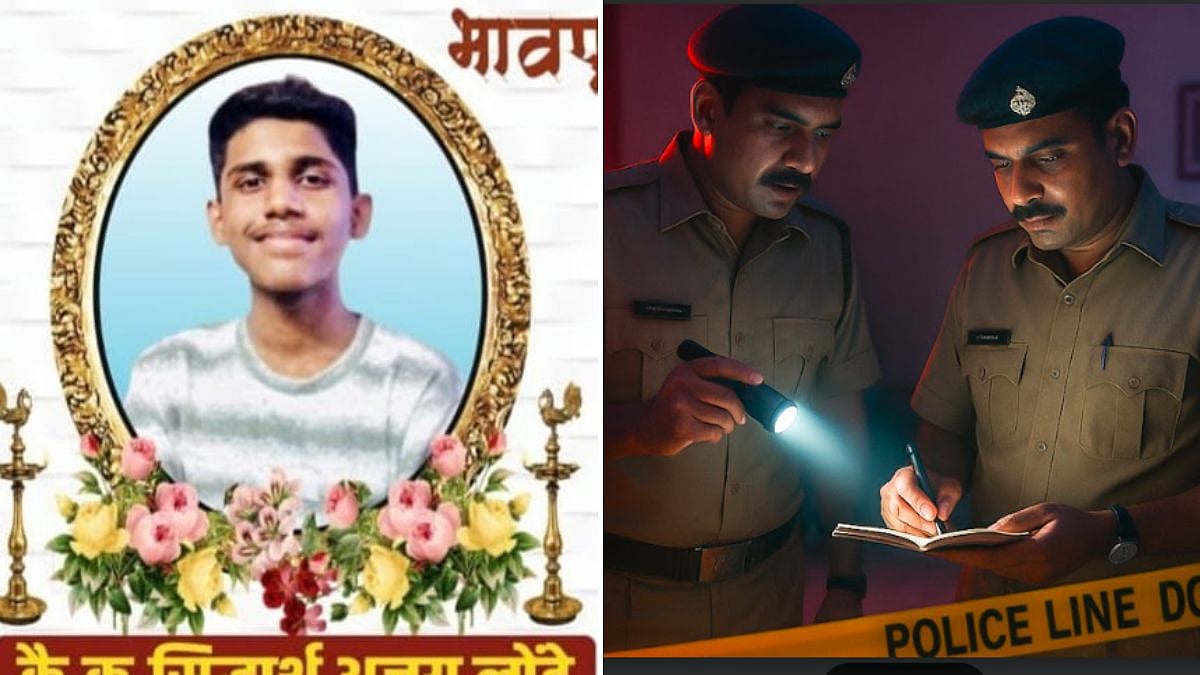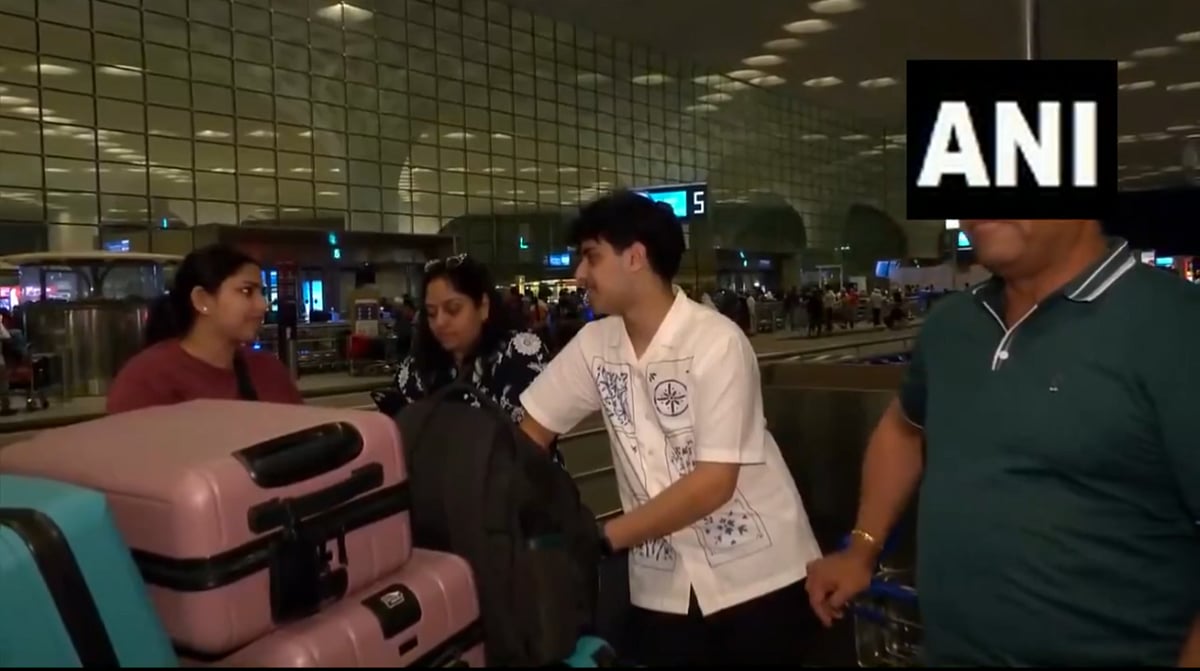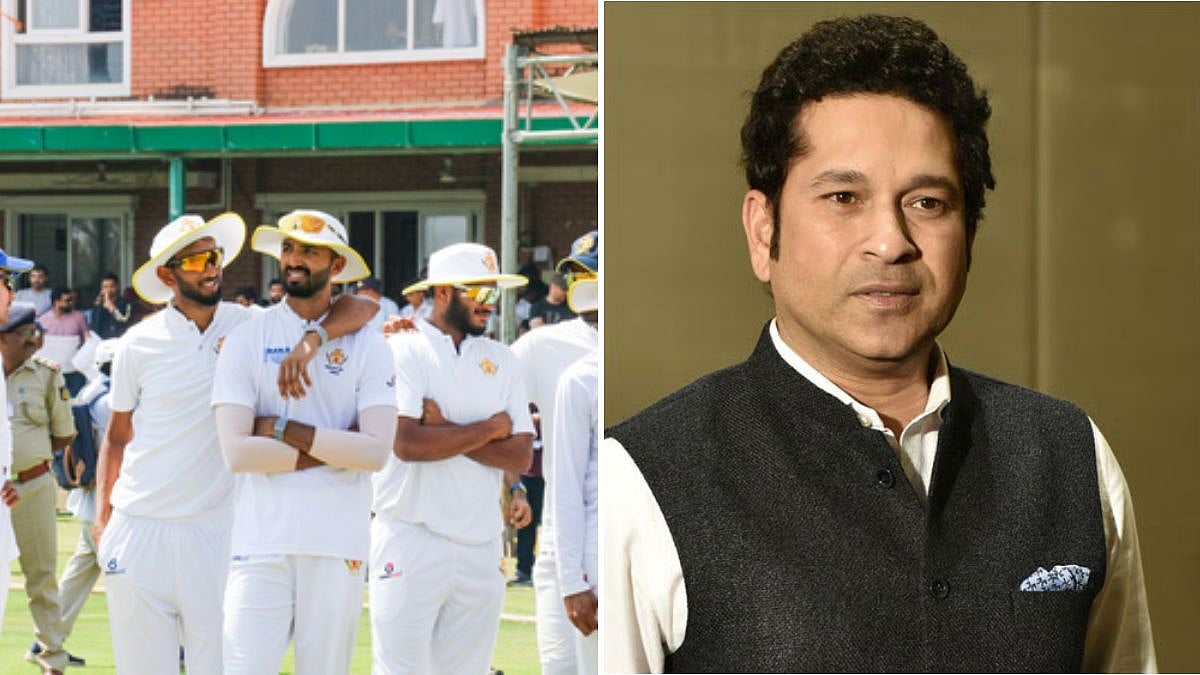Mhow (Madhya Pradesh): As we celebrate Vijay Diwas, Bharat Dholi and Khushi Arya of Free Press decided to sit down with a few warriors with indomitable valour and share their memories of bravery, camaraderie and humour at the time of adversity and their zest to win the 1971 war with Pakistan that eventually led to the creation of Bangladesh.
And they obliged...
Air Marshal Harish Masand VrC VM
Soaring to glory in the skies
Amidst the thunderous echoes of the 1971 Indo-Pak War, a young and audacious Flying Officer, Harish Masand, etched his name into the chronicles of aerial heroism. Having joined the Indian Air Force in December 1967, Masand found himself at the forefront of the conflict, stationed in Hasimara, ready to face the crucible of war.

His baptism by fire commenced with daring photo reconnaissance missions deep inside East Pakistan, executed with precision even before the formal hostilities erupted. On December 4, 1971, in the dusky skies over the Tejgaon airfield in Dacca, Masand embarked on a mission that would become a saga of unmatched bravery.

Outnumbered and with fuel running scarce, Masand engaged two Pakistani F-86 Sabres in fierce aerial combat. Undeterred by the odds stacked against him, he displayed remarkable skill and tenacity, ultimately downing one of the adversaries. This remarkable feat not only showcased Masand's prowess as a pilot but also hinted at the indomitable spirit that would define his illustrious career.
As the conflict intensified, Masand's role expanded. He became an integral part of the Hunter formation that struck at the heart of Dacca. The daring attacks on Governor’s House on December 14 and Dacca University Campus on December 15 were pivotal moments that hastened the surrender of Pakistani forces led by Lt Gen AAK Niazi on December 16, 1971.

For these acts of gallantry, Flying Officer Harish Masand was awarded the Vir Chakra, a symbol of his unwavering courage and extraordinary contributions to the victory in the 1971 Indo-Pak War.
Post-war, Masand's journey through the skies continued to ascend. An exemplary instructor and Fighter Combat Leader, he navigated the corridors of prestigious institutions like the Staff College in Wellington and the Air War College in the US, emerging as the top performer everywhere he went. His leadership skills and expertise culminated in the introduction of the MiG-29 as a squadron commander in 1987 and, a decade later, the Su-30 as the Base Commander.
Recognition and accolades continued to adorn Masand's illustrious career. The induction of the MiG-29, incident-free and seamless, showcased not only his technical acumen but also his dedication to excellence. In 1989, his prowess in aerobatic displays on these formidable aircraft earned him the Vayu Sena Medal.
His legacy, however, extends beyond medals and honours. Harish Masand, an Air Marshal upon his retirement in 2006, chose Mhow as his haven. Here, in the tranquillity of post-service life, he found new battles to fight with a pen and a voice. Writing and passionately speaking on national security, military affairs, and air power, Masand continues to shape conversations, leaving an indelible mark on the pages of history.
The maverick ace who once danced in the skies over Dacca now weaves narratives that echo through time, a living legend whose story began in the fiery crucible of the 1971 Indo-Pak War.
Major General Dipak Mukherjee YSM VSM
The Battle of AkhAura(Dec 3, 1971)
Major General Dipak Mukherjee YSM VSM took part in the battle of Akhaura as young Captain in December 1971. His was part of 10th Bihar that was posted at Agartala in Tripura at that time.
Akhaura in the then East Pakistan was a very important military post located about 15 kilometres from Agartala.

The battalion was tasked to capture Akhuara to facilitate army’s progress towards Dhaka. The stage was set for a daring show-down at Akhaura.
The 10 Bihar captured Akhaura on December 5. However, the victory came at a price. Three officers of the battalion were killed and six officers were seriously injured and evacuated. Approximately 52 soldiers were killed and 152 injured.
The fleeing Pakistan Army destroyed a critical bridge over Meghna River behind Akhaura to stop or delay the further advance of the Indian army.
The gallant battalion of the 10 Bihar was then lifted by helicopters and dropped across the Meghna River.
Local Bangladeshis’s support to Indian Army was amazing. To speed up the movement of 10 Bihar in pursuit of the fleeing Pakistan army, they collected a few available vehicles, trucks and even rickshaws and cheered the Indian Army encouraging them to move faster.

Finally, the battalion reached Dhaka amidst loud chants of "JAY BANGLA, JAY INDIAN ARMY", by the locals. It was indeed a great experience, said Major General Mukherjee.
The battalion reached Dhaka where subsequently, Field Marshal Sam Manekshaw, addressed the Indian Army in Dhaka Race Course. Major General Mukherjee further said that this made us all feel so proud. It was a stupendous experience. I want to put in record the fact that in 1971 we had a great leader in Lieutenant Colonel PC Sawhney, who was our Commanding Officer. He had trained the battalion very well and infused tremendous amount of "JOSH" and motivation in all ranks of the unit.
Colonel Ajit Kamal SM
A warrior's journey in the sands of valour
I Colonel Ajit Kamal SM, who was a young Lieutenant in the 3rd Battalion, Rajputana Rifles, at that time played a pivotal role in the 1971 Indo-Pak War. Stationed at the western front, his journey unfolded against the stark backdrop of Rajasthan, where his unit led operations that enabled the country to win the war.

The odyssey began with the capture of Islamgarh Fort on December 3 and 4, 1971. The fort was 16-kilometre inside Pakistan. The unit also seized several weapons and others valuables. Colonel Kamal shared a light hearted anecdote from that night, highlighting the troops' use of unexpected dog barks as a guide.
His unit was a part of 45 Infantry Brigade, which fought the now famous Battle of Longewala and ventured deep into Pakistan, capturing strategic locations like Bhai Khan Wala Khu on December 10, which was 10-kilometre inside Pakistan. This was a night time attack, which continued till noon and ended up capturing 33 prisoners and weapons.

On December 16, Colonel Kamal personally captured Kala Toba, which was four kilometre inside Pakistan. These successes left imprints of valour deep inside enemy territory.
Reflecting on his experiences, Colonel Kamal expressed pride in the resilience of soldiers and the triumph of the human spirit. The war of 1971, once visceral stands as a testament to the enduring strength of warriors. In a gracious acknowledgement, Colonel Kamal gave credit to unit's Commanding Officer, Lieutenant Colonel MMK Baqaya along with all the officers and soldiers.
Colonel Kamal also shared his experience of meeting the then Field Marshal and General Sam Manekshaw. He said that Field Marshal Manekshaw's quirky advice, "Keep your hands in your pockets," symbolised a mantra of discipline and moral conduct amidst the chaos of battle.

Colonel Ajit Kamal SM's journey was unconventional. It wove a tapestry of camaraderie and valour into the epic tale of the 1971 Indo-Pak War. His reflections added a vibrant chapter, showcasing that even in the harshest realities of conflict, the human spirit finds reasons to smile. Colonel Kamal’s legacy celebrates the enduring strength that emerges when warriors face adversity with courage, humour and a shared sense of purpose.
Barking dog leads to fall of Islamgarh Fort
A dog’s bark helped Indian army unit capture Islamgarh Fort. Colonel Kamal was a part of the unit as young Lieutenant. Guided by the barking, the unit successfully captured the fort within an hour and outmaneuvered the Pakistan Army. The canine's strategic contribution became a major point of discussion among the victorious soldiers.





